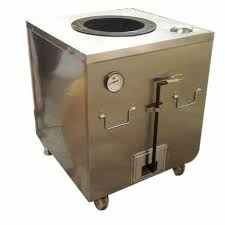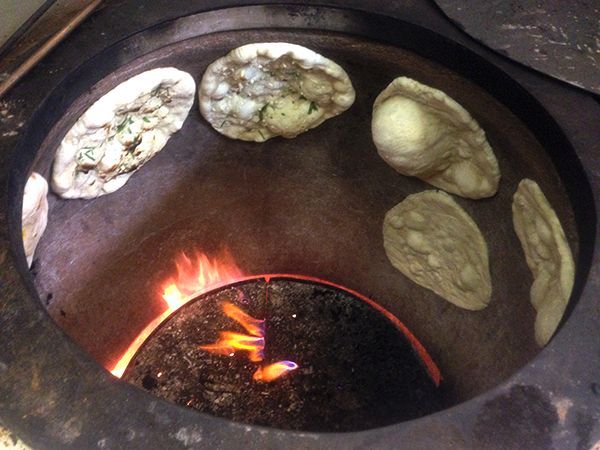Tandoors Adhering to Safety Standards
While trying to find a new piece of equipment, or similar food service necessity, customers often look for recognizable safety certifications on the equipment, as desired by law, to help make a decision. Other than the much sought after “Made in the USA” or “Made in Canada” stamp of authentication, certain common safety certifications are like gold stars on purchases made by customers,
especially of products that are dangerous to be used, such as tandoors and clay ovens
supplied by Mainra Traders.
We
provide free delivery of tandoor in the USA. Trekking the
extra
mile as a manufacturer to get this special recognition goes a long way in the
eyes of
consumers,
and there are a handful of well-known, third-party certifications based on
highest
safety
standards that make all the difference. We are a provider of the certified gas system
tandoor
ovens
in Canada, certified clay ovens in Canada, and prominently certified tandoor
products in
Canada.
Following are some of the common safety certifications that equipment
manufacturers
seek
for their equipment: NSF, ANSI, UL, CE, CSA, ETL, Energy Star
Some
safety certifications are not required by law, depending on stipulations of
your state or
city.
Be sure to check with the local authorities to determine which certifications
are an
absolutely
necessity prior to choosing a certified product.
NSF
Certification – The NSF mark is the most widely recognized safety certification
preferred for
food
service equipment nowadays. Assigned by NSF International, a certified
dedicated as being
the
leading global provider of public health and safety-based risk management
solutions, the
NSF the label promises consumers that a particular manufacturer has passed highly
detailed safety
requirements
as outlined by the certifying organization. The assessment also includes a
product
assessment
of design and construction, a material evaluation of anything that comes in
contact
with
food, and even performance testing where-ever applicable. Additionally,
manufacturers
who
are awarded an NSF certification have their facilities audited unannounced to
ensure
compliance
and adhering to standards. Always ensure to look for the NSF mark to be 100%
certain
of the certification.
ANSI
Certification – The American National Standards Institute (ANSI) and
it's certification often
goes
hand-in-hand with the NSF mark. The two are completely separate entities
altogether, but
many
consumers see an ANSI certification to be at par with the certification from
NSF. Like NSF,
ANSI
has been creating and maintaining nationally recognized norms and guidelines
regarding
food
service products for decades. The company’s ANS (American National Standards)
have
provided
ratings, dimensions, test methods, performance and safety standards, and
terminology
to
multiple types of equipment used in the food industry.
UL
Certification – Underwriters Laboratories (UL) certifications cover not
only product safety, but
also
testing of systems and services used. While the UL mark is often associated
with safety, the
company
specializes in setting standards with which to gauge and validate performance,
sustainability,
and environmental health. Following the ANSI continuous maintenance standards,
the
basic UL Listed mark deals solely with safety, but there are a handful of other
well-known UL
certifications
that pertain to other regions and specifications, some of these include the
C-UL
(Canada),
Classified UL, Gas-Fired UL, UL EPH, Water Quality Mark, and Plumbing Mark.
CE
Certification – The CE marking was set by the European Commission and
signifies that a
product
conforms to European laws or directives in regards to safety, health, and the
environment.
The marking is required to facilitate trade in the European Economic Area. What
sets
the CE Marking apart from many other certifications is that CE conformity is
usually done
through
self-declaration as opposed to a formal inspection. A CE Marking does not
ensure
compliance
with North American safety standards in any way, and the US consumers need to
get
a
separate certification.
These
certifications are there to ensure that the equipment produced for the food
industry
adheres
to defined security compliance and standards and is safe to be used.
For more information please visit at http://www.mainratraders.com/





Comments
Post a Comment